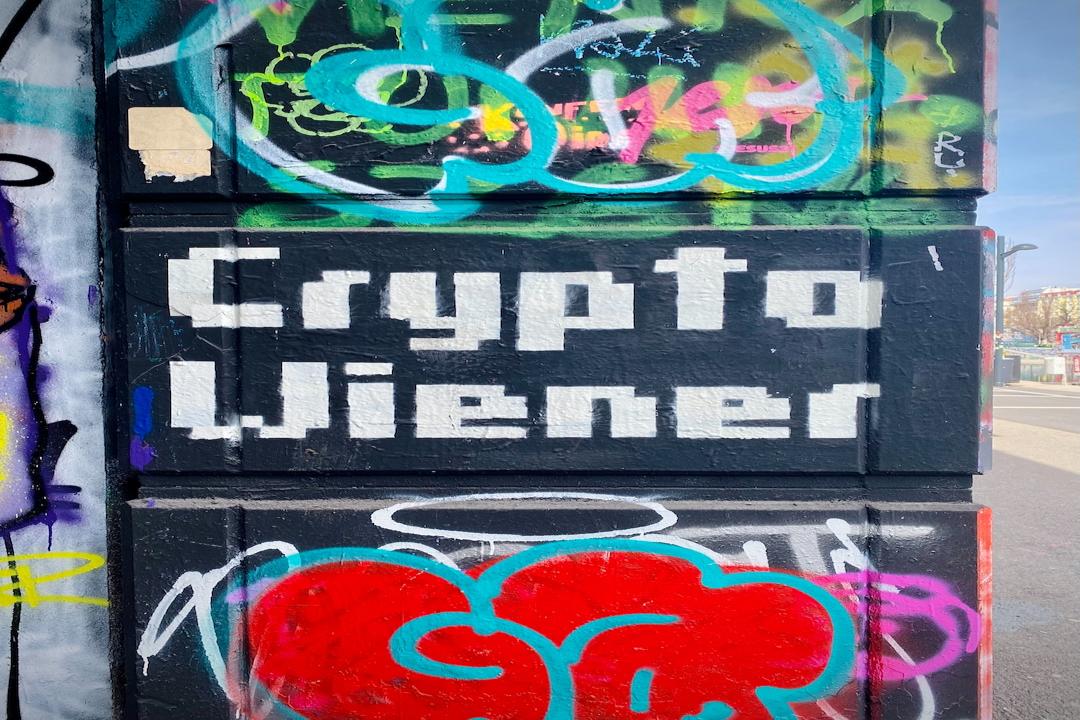South Korea Releases Information on Cryptocurrency Holdings of Senior Government Officials, Enhancing Political Transparency
Under the rapid development of cryptocurrencies and blockchain technology, the South Korean government has announced a new transparency measure aimed at publicly disclosing the cryptocurrency holdings of senior public officials. It is expected to be implemented starting next year.
Table of Contents
Toggle
Transparency Initiative: Public Disclosure of Public Officials’ Assets
Cryptocurrency Exchanges to Cooperate with the Policy
New Legislation in South Korea to Protect Cryptocurrency Investors
Taiwanese Public Officials Also Required to Declare
South Korea’s personnel management department recently announced that it will require approximately 5,800 senior public officials to disclose their cryptocurrency holdings starting next year. This information will be made public on the government’s “Public Ethics and Transparency Initiative” system, which is designed to manage and review the registration and disclosure of public officials’ assets. This move comes after the national legislature passed two bills in May this year, which included cryptocurrency assets in the scope of election and annual asset disclosure for senior government officials.
In addition, five major domestic cryptocurrency exchanges in South Korea – Upbit, Bithumb, Coinone, Korbit, and Gopax – plan to develop an independent information system for asset registration starting in June next year.




In June last year, South Korean legislators passed a series of new laws aimed at better protecting cryptocurrency investors, including 19 cryptocurrency-related bills. These new regulations gave the Financial Services Commission (FSC) and the Bank of Korea the power to oversee cryptocurrency operators and asset custodians.
In July, the FSC announced that under the new accounting rules, domestic companies will be required to disclose their cryptocurrency holdings starting next year. The new rules will also require cryptocurrency issuers to disclose information including token details, business models, and internal accounting policies.
The implementation of these measures not only demonstrates South Korea’s progress in cryptocurrency regulation but also enhances transparency and public trust in public services.
On February 15th of this year, the Ministry of Justice’s Agency Against Corruption announced that Taiwan has included virtual currency in its anti-money laundering measures. As virtual currency has financial value, the Ministry of Justice has considered amending the Public Officials’ Property Declaration Act to include it. Under the current law, intentional false declaration will result in a fine of no less than NT$200,000 and no more than NT$4,000,000; failure to declare within the prescribed period or intentional false declaration will result in a fine of no less than NT$60,000 and no more than NT$1,200,000.
(
Taiwan’s Agency Against Corruption: Public officials should honestly declare virtual currency assets, with fines of up to NT$4 million
)
(
EP.165 Virtual World Legislator Ke Ju-Jun’s Treasure Pavilion Online~
)
Public Officials
South Korea


Further Reading
Developments in Cryptocurrency Regulation in Asia: Is Hong Kong or Singapore the Preferred Choice for Cryptocurrency Companies? Attention on Taiwan’s Cryptocurrency Special Law Draft
Establishment of Virtual Asset Management and Investigation Bureaus in South Korea in Response to Rapid Growth in the Cryptocurrency Market
